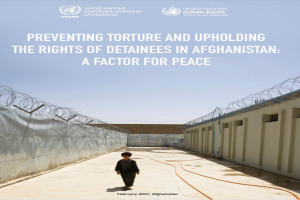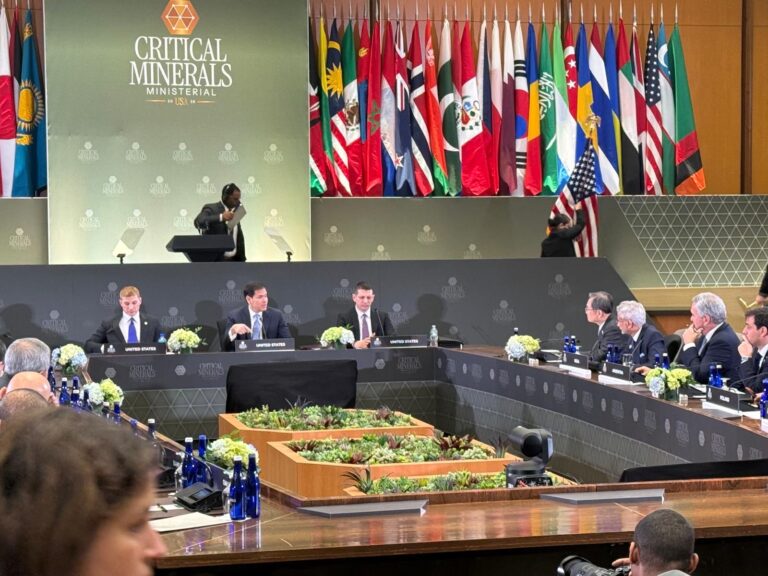
Geneva/New York: Almost a third of people detained for security or terrorism-related offences in Afghanistan have been subjected to torture or other forms of ill-treatment, according to a UN report published on February 3, 2021.
The Afghanistan Torture Report: 2021 (‘Preventing Torture And Upholding The Rights Of Detainees In Afghanistan: A Factor For Peace’)– jointly published by the UN Assistance Mission in Afghanistan and the Office of the UN High Commissioner for Human Rights – covers the period from 1 January 2019 to 31 March 2020. It is based on 656 interviews with men, women and children suspected, accused or convicted of security or terrorism-related offences held in 63 detention facilities across Afghanistan. It warns that allegations by detainees of torture in the country’s detention facilities continue at high rates. While the percentage of detainees claiming to have been tortured has decreased slightly compared to the previous monitoring period (2017-2018), the figure remains alarming, with 30.3 per cent of those interviewed saying they had been subjected to such treatment.
Torture is prohibited under both international and Afghan law and can never be allowed or justified under any circumstances, says the report.
The report also highlights that procedural safeguards for detainees are rarely followed. In almost no instance, were detainees informed of their rights or able to access a lawyer prior to questioning. Few received a medical examination or were able to contact their family in the early days of their detention. Alarmingly, nearly half were asked to sign or place their thumbprint on a document without knowing its content, rendering the validity of the prosecutorial process questionable.
The report highlights that the failure to implement these procedural safeguards has resulted in the recurrence of the practice of solitary and incommunicado detention in the National Directorate of Security.
Effective implementation of procedural safeguards would contribute to reducing instances of torture, stresses the report. It would also increase people’s confidence in public institutions, especially law enforcement, and the rule of law more generally.
Of further concern are the continuing reports of enforced disappearances allegedly linked to the Afghan National Police in Kandahar. These need proper investigation and those responsible should be held accountable.
While recognising the steps taken by the Government of Afghanistan to prevent torture in places of detention, the report highlights that more needs to be done through a series of recommendations. These include measures to increase the capacity, resources, and training of law enforcement agencies.
In New York, Stéphane Dujarric, Spokesman for the United Nations Secretary-General, further referred to the warning of the UN humanitarian team in Afghanistan, that the number of people in need in the country had doubled from 9.4 million at the start of 2020 to 18.4 million at the start of 2021. “Four in 10 people are now going hungry, which means that almost 17 million people are in crisis or emergency levels of food insecurity through March. According to our humanitarian colleagues, almost half of all children will be acutely malnourished in Afghanistan,” the Spokesman said.
– global bihari bureau





